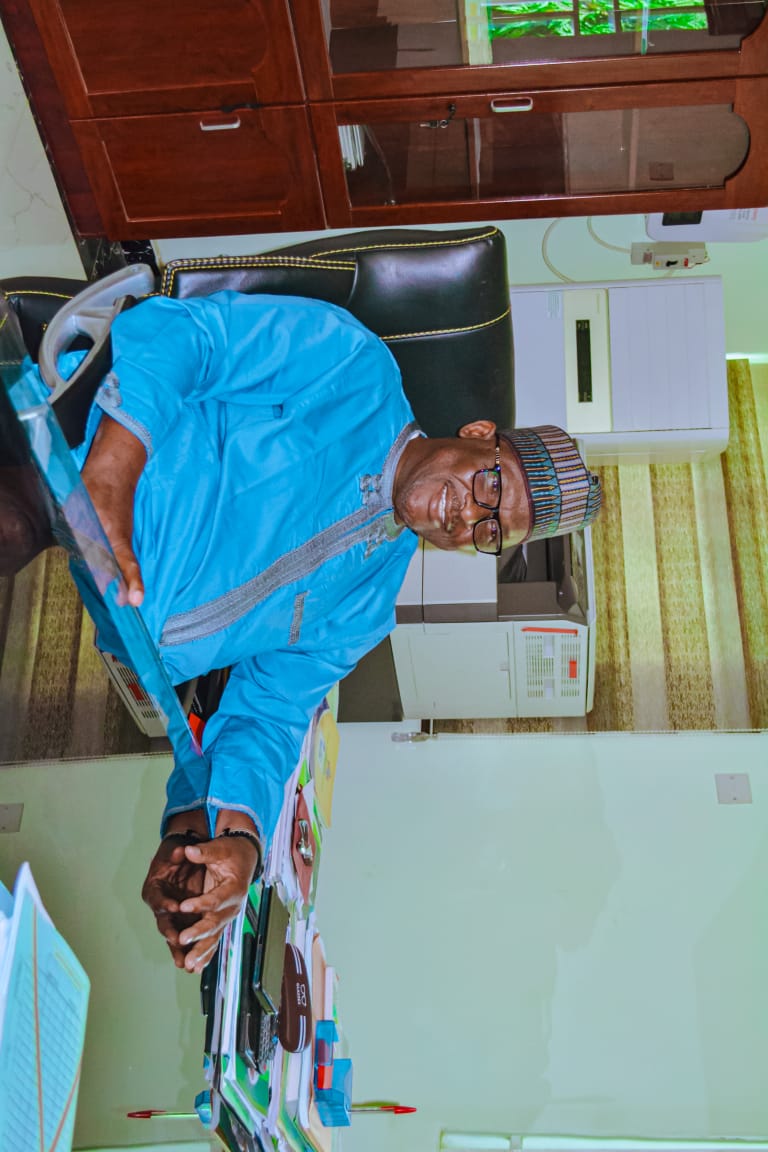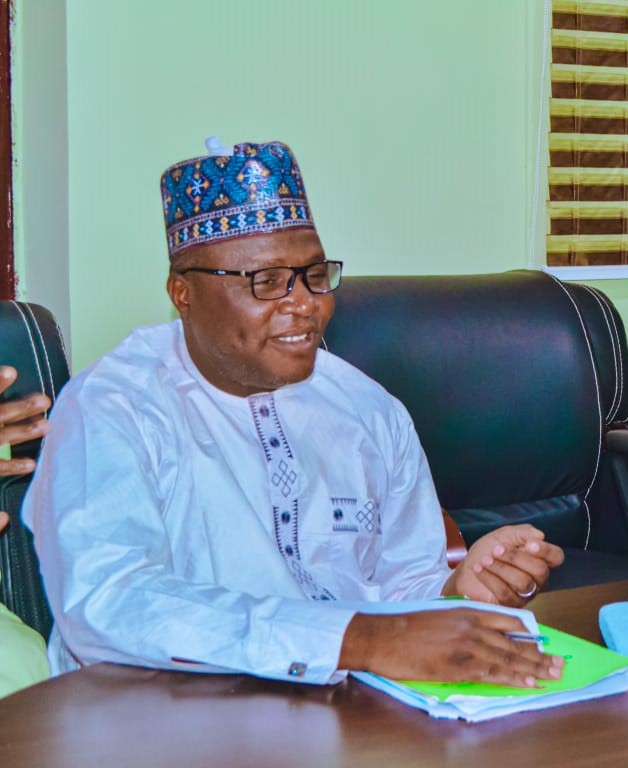Get to know About Us
The Office of the State Auditor-General Yobe State is a separate and independent entity whose existence, powers, duties and responsibilities are provided for under section 85 of the Constitution of the Federal Republic of Nigeria 1999. Power Section 85(2) of the Constitution of the Federation Republic of Nigeria 1999, provides that the Public accounts of the State and of all Offices and Courts of the State shall be audited and reported on by the Auditor-General who shall submit his report to the State Assembly; and for that purpose, the Auditor-General or any person authorized by him in that behalf shall have access to all the books, records, returns and other document relating to those accounts. Similarly, section 85(4) of the Constitution stipulate that the auditor-General shall have power to conduct periodic checks on all Government statutory corporations, commissions, authorities, agencies, including all persons and bodies established by an act of the State Assembly. Furthermore, Section 301 vests the Auditor-General of the State with the power to audit the account of All State MDAs. INDEPENDENCE Section 85(6) of the 1999 Constitution of the Federal Republic of Nigeria, state that “in the exercise of his function under the Constitution, the Auditor General shall not be subject to the director or control of any other authority or person”. THE PUBLIC ACCOUNTS COMMITTEE In accordance to Section 85(5) of the 1999 Constitution, the Auditor-General shall, within 90 days of receipt of the Accountant General’s financial statement, submit his Report to each House of Assembly and each House shall cause the Report to be considered by a Committee of the House of assembly responsible for Public accounts. The main function of the Public Accounts Committees is to review whether public money was not spent for the approved purpose and with due regard to efficiency, economy and effectiveness. Much of its work is based on the Auditor-General’s Report. The Committees hold public sittings to review Audit findings. These public sittings are usually attended by the Auditor-General and his team as well as the Accounting Officer (Permanent secretary) of the audited Ministry or Office. The Ministry or Office is expected to defend itself on issue reported on and explain what they have done in respect to the Report.



